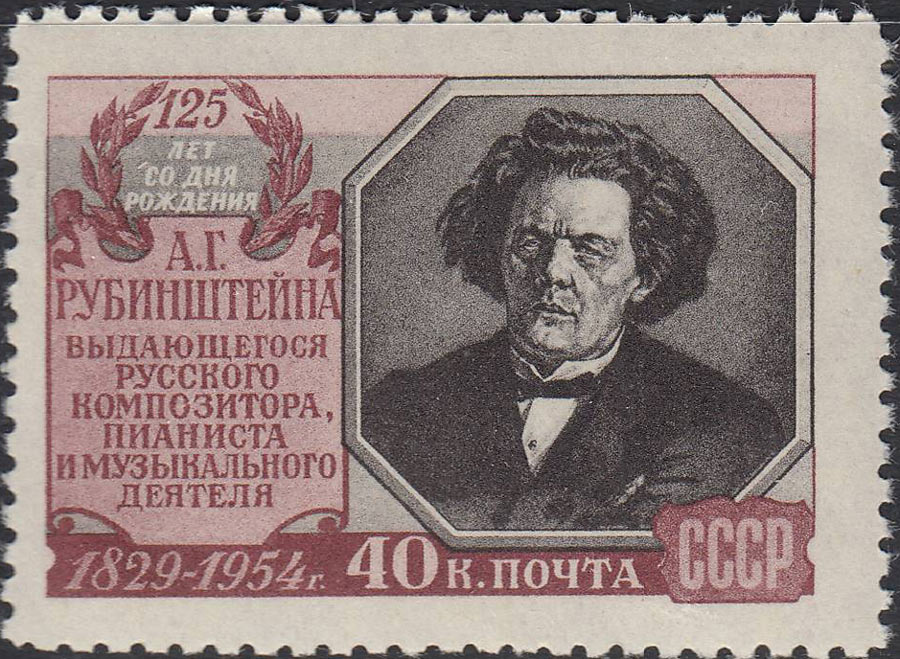
Serenade from the music for the play "Don Quixote" (T.Khrennikov)Ģ0. It was at the beginning of the spring (P.Tchaikovsky)ġ7. Amid the bustling ball (P.Tchaikovsky)ġ0. Recitative and Romance of Sinodal (A.Rubinstein "The Demon")Ĩ. The Duel Scene (P.Tchaikovsky "Eugene Onegin", Onegin - E.Belov)Ĥ. Lenski's Aria (P.Tchaikovsky "Eugene Onegin")ģ. Aria Fra Diavolo (D.Auber "Fra Diavolo")Ģ. The majority of the recordings on this disc are studio recordings.Ĭomposers: G.Verdi, M.Glinka, E.Napravnik, D.Auber, G.Puccini, A.Rubinstein, T.Khrennikov, P.Tchaikovsky.ġ. Recordings from the treasury of the Russian State Radio Fund. He was also a throw-back as far aįamous Quote: "To the Germans I am a Russian, to the Russians a German to the Christian I am a jew, to the jews a Christians to the Classicist I am a Wagnerite, to the Wagnerites a reactionary I am neither fish nor fowl - I am an unfinished man".Ĭollection: Vocal and Opera Collection Subcollection: Voice, Piano and Orchestra Super Jewel Box, PAL System He was a jew by birth (though converted) at a time when anti-semetism was prevelent in musical circles in Europe. His compositions have suffered neglect since his death for several reasons. Petersburg), and in the capacity of its director and composition instructor, instructed none other than Tchaikovsky in compostion and theoretical analysis. He established Russia's first conservatoire (St.
#Rubinstein russian collection professional
Aside from his concert career, Rubinstein was the first truly professional musician from Russia, and established the first organized education for music in his country which is what the current Russian tradition is built upon. He was regarded as the greatest pianist after Liszt, some critics even placing him above Liszt. Rubinstein embarked upon a concert career that covered his entire life making him famous on three continents, including a sucessful tour in America. Petersberg with Villoing, then composition with Dehn in Vienna. Significant Works: 20 operas, including Der Demon 5 piano concertos 6 Symphonies, including "Ocean" (the most successful symphonic work of the later 19th century) many vocal, chamber, piano and instrumental solo, choral, and other various works pertaining to every aspect of composition.Īfter early studies with his mother he studied piano in St. The booklet is in Russian and English song texts are in transliterated Russian - not the original Cyrillic - and English translation.Compositeur: RUBINSTEIN, Anton Grigor'yevich ((1829-1894))

These songs are nothing short of lost masterpieces, and they're superbly performed here.

The program covers many years of Rubinstein's career, ending with a Ballad of 1891 to a text by Turgenev, and it never flags artistically. Baritone Mikhail Lukonin is scarcely less effective, singing several songs that were associated with the great Russian bass Chaliapin he does not try to imitate Chaliapin, but has his own warm style. Maybe that impression is due to the awe-inspiring voice of mezzo soprano Mila Shkirtil, whose voice has that peculiar combination of richness and darkness that only Russians seem to be able to manage. The music firmly fits within the Schumann harmonic world, but there is something indubitably Russian about it.

78, reminisicent of the grim old English folk song Three Ravens. 48 (track 7), to hear both the superb vocalists, or the darker Song ("A crow flies."), Op. But many of the texts he sets here are classics of Russian poetry, by Pushkin and Lermontov, and his settings have the limpid, seemingly perfect naturalness that characterizes the poems themselves. Rubinstein was the cosmopolitan Russian composer of the third quarter of the nineteenth century, the nemesis of the nationalistic Mighty Handful. It seems hard to believe, as the booklet claims, that most of these songs have never been released on CD until now: they're gorgeous.


 0 kommentar(er)
0 kommentar(er)
